Since graduating from Notre Dame Academy, alum Thomas Nixon has gone on to explore the world and become a Peace Corps member and international English teacher in Togo, West Africa.
Nixon went to Regis University in Colorado. He was pre-med his freshman year and pre-vet his sophomore year, but then “something happened” to change his mind.
“I took a class by a famous ecological researcher named Dr. Harry Taylor. The class was called Animal Behavior, it was a 400-level class, so not easy. It changed my whole perspective on life, and I switched my major again to evolutionary biology,” he said. “Do not be afraid to change your mind. Only God knows what is in store. Never be afraid to toss the dice.”
Nixon minored in Spanish and ended up getting a certification in Portuguese when he studied abroad in Brazil.
“Where I live now I speak French,” he said. “I recommend every American born after 2000 become bilingual as a civic duty.”
Nixon has been part of the Peace Corps twice, once in Sierra Leone, though he was evacuated because of Ebola, and the second time in Northern Togo, for two and a half years.
“I joined Peace Corps because I had done research in Nicaragua on howler monkeys’ mitochondrial DNA and experienced a ‘Global South,’ or underdeveloped country for the first time, and I was hooked,” said Nixon.
This experience opened his eyes to what the world is like outside of the United States and how we are able to live very privileged lives compared to other places.
“The lives we live in the United States are not reality. We live in a security bubble with the rule of law and clean streets, running water you can drink from the tap except for Flint, Michigan,” he said.
Nixon said that another reason he joined the Peace Corps was “to get closer to reality and in some respects run from my past.”
“When I was 15, a sophomore at NDA, I was diagnosed with cancer. I woke up out of a three-week coma, and my dad asked me where I wanted to be buried,” he shared. “When I came back the second half of my junior year and for my senior year (I took classes online while doing chemotherapy to graduate with my class in 2008), all my friends had kind of become distant. My best friends became the foreign exchange students.”
“This had a huge influence on me,” Nixon said. “I became interested in their languages and their cultures, and this gave me a desire to travel to places unknown, unspoken of, and unseen by the average American.”
This interest eventually led him to Africa, and he says his experience there has “radically altered my view on the human condition.”
“For example, what does the word ‘poverty’ mean? I do not make a lot of money here, but I know I am happier,” he said. “ I know poor people here that are happier than rich people in the States. It is all relative.”
“Africa has also taught me that the world is not a nice place, it is a wild world, and that is exciting. For someone like myself who almost died at such a young age, being that close to death is comforting to me. In the United States we are insulated from it; in Africa it is always lingering right over your shoulder.”
The advice Nixon would give to a student thinking about joining the Peace Corps is, “Do it for the right reasons and be humble. Be prepared to see and understand human suffering as you never thought you would.”
He said the closest experience to Peace Corps is war, and you have to sometimes “see stuff and words cannot do anything to make you feel better.” He added that if you are a picky eater, you simply will not make it in some countries.
Reflecting on his high school experience, Nixon said, “My best memories from NDA are my English classes. Writing is an incredibly powerful tool, and reading is a source of knowledge. No documentary, movie, or podcast can replace the knowledge the written word conveys to the receiver.”
“I was lucky enough to have Father Gilsdorf as a teacher a few years before he passed away, but that guy taught me how to really write. When I got to college, my teachers told me I was one of the best writers they had ever had even though I was only average in Father Gilsdorf’s class,” he said.
Nixon credits a large part of his life to the English and history teachers at NDA, as well as theology teacher Shane Lagerman.
“These are people that teach you how to think, and they challenge you to do so. Do not take your assignments lightly,” he advised. “They are preparing you for a world that is more dangerous than anything prior to the modernization period of the mid-20th century.”

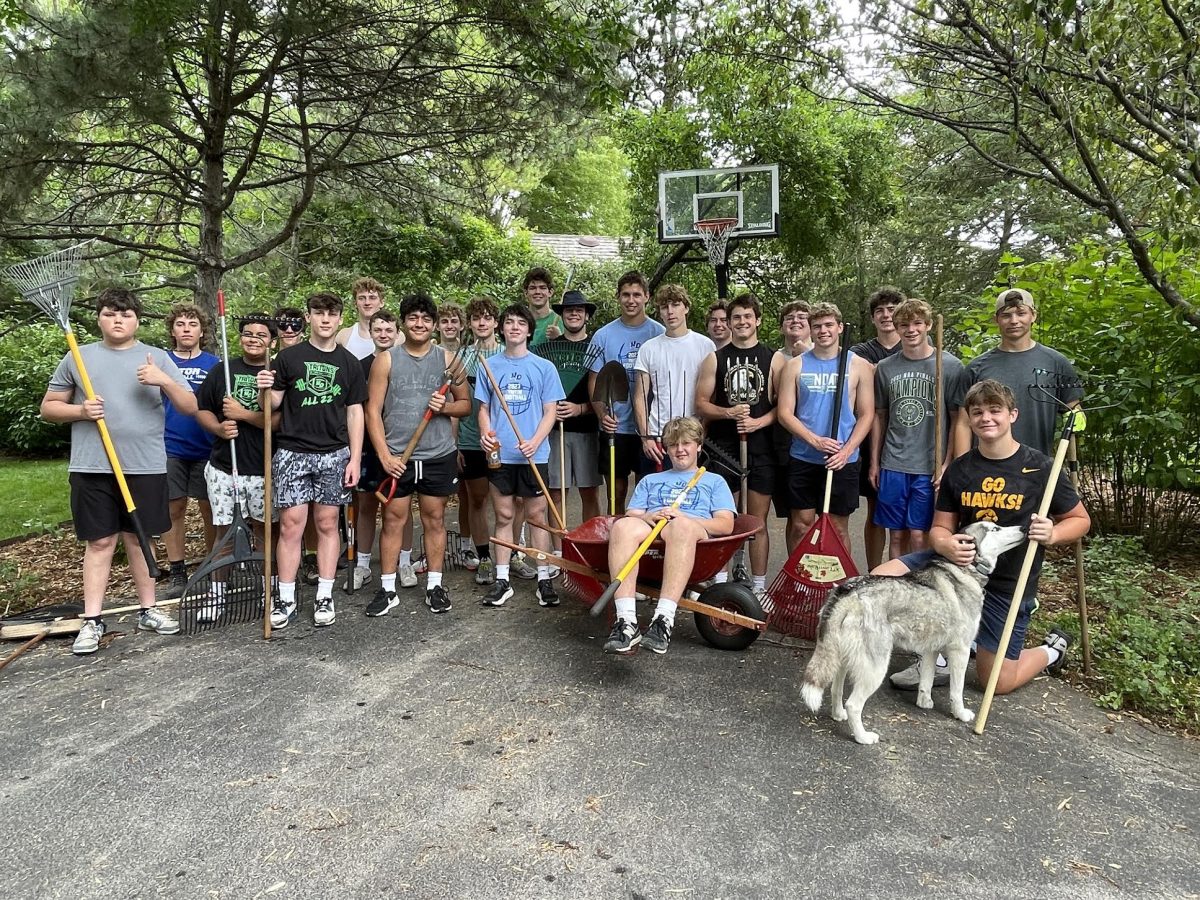
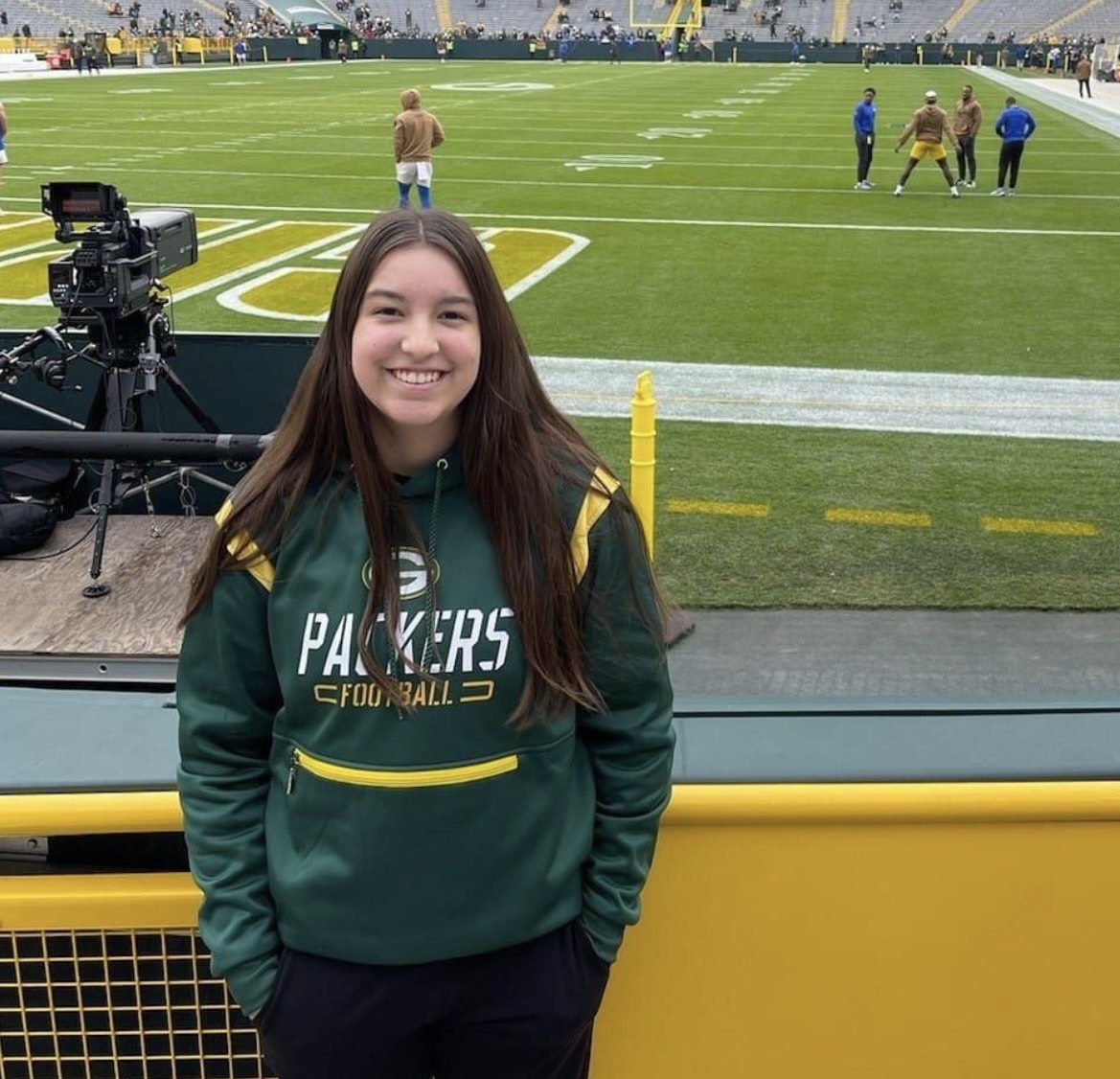
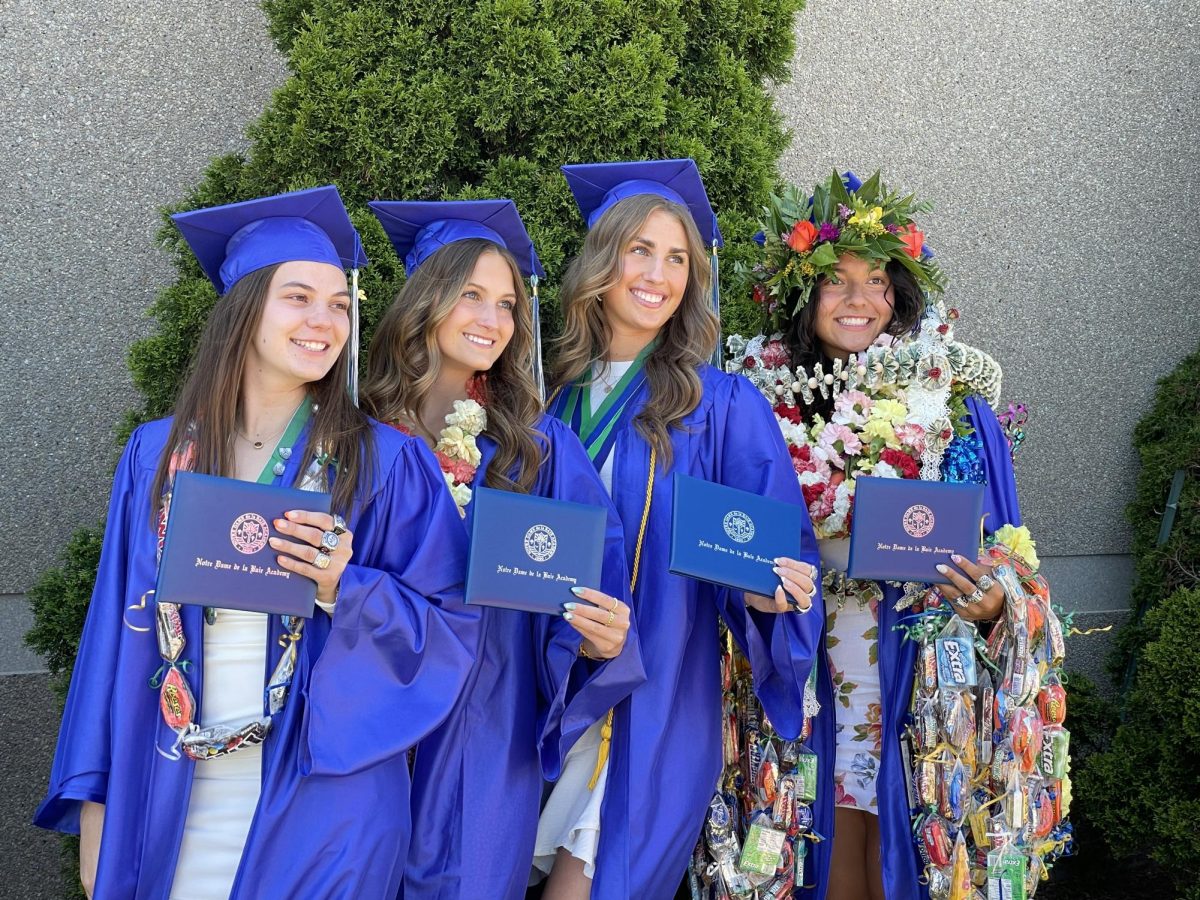




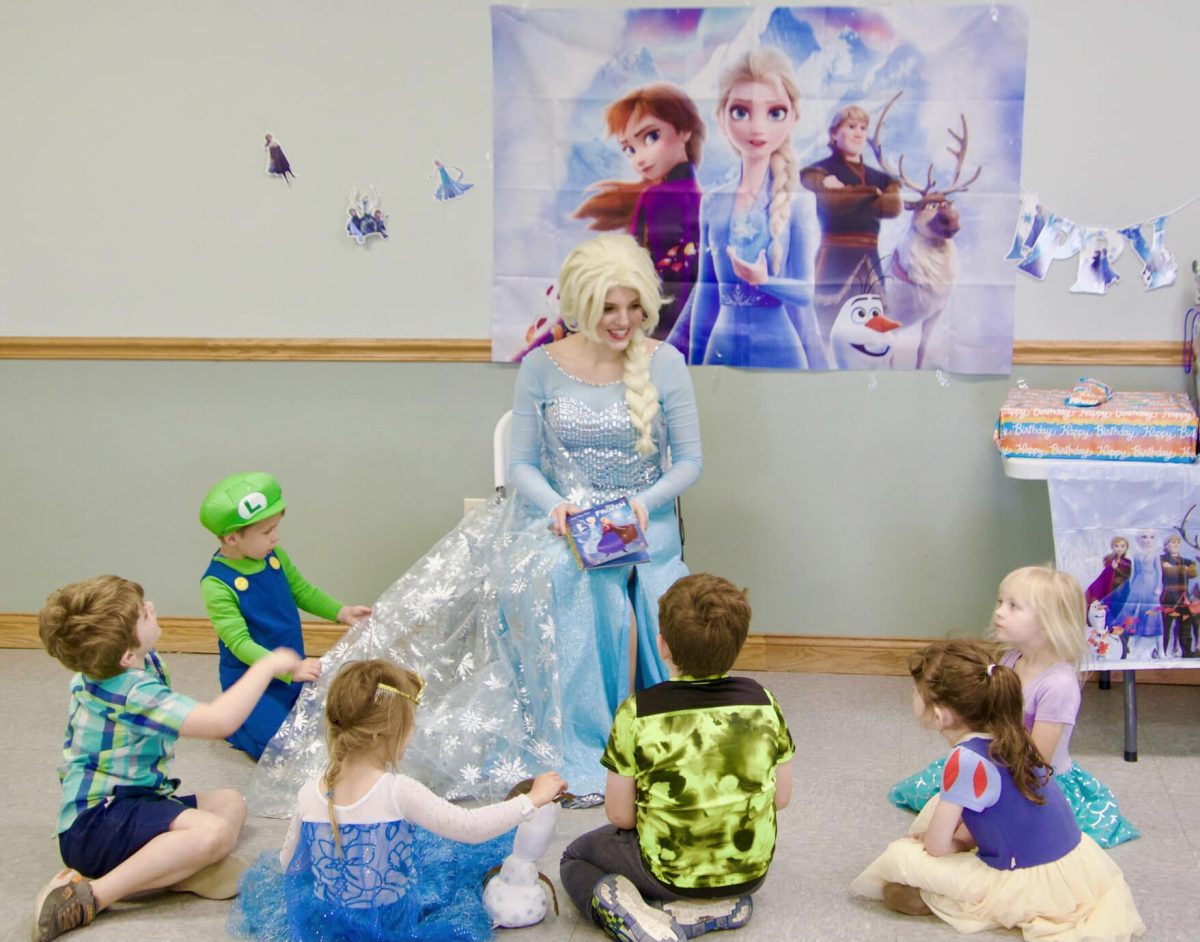
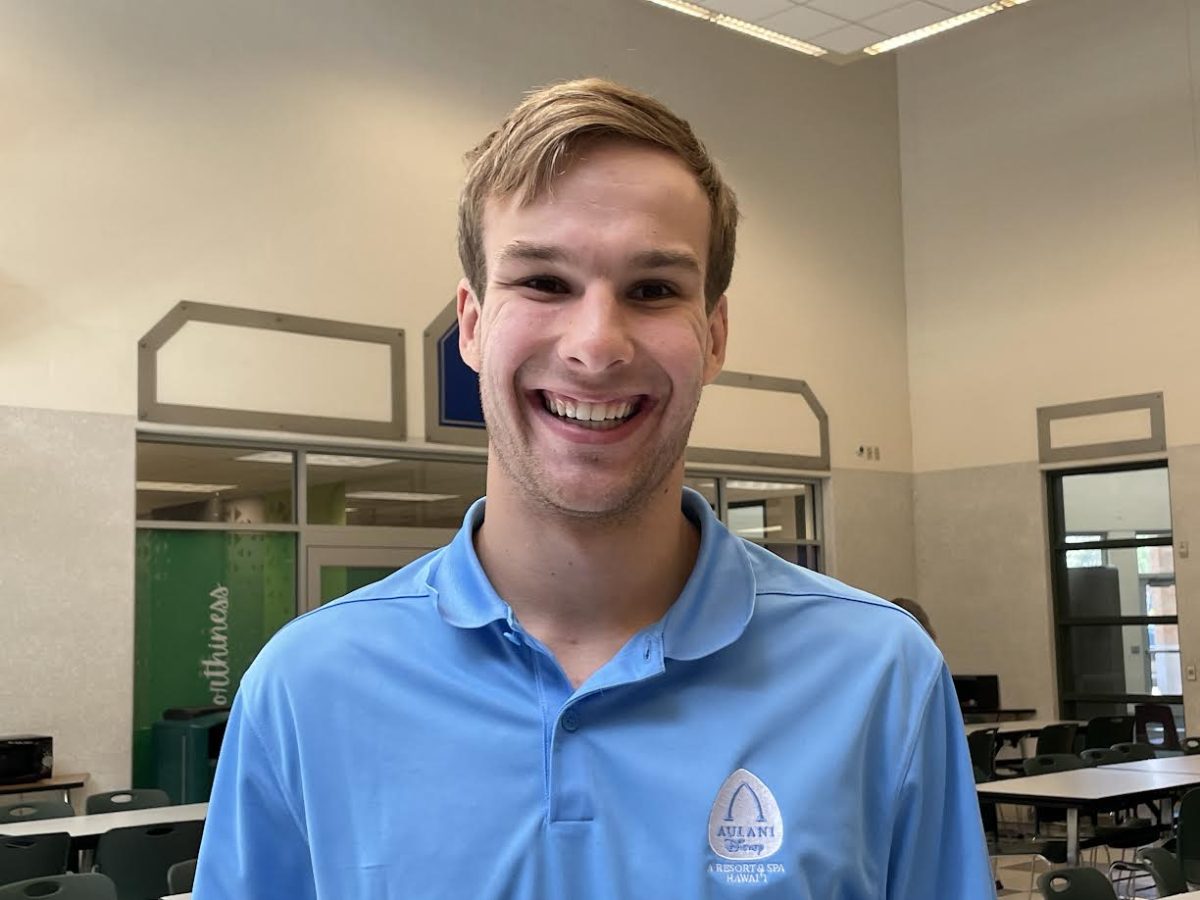
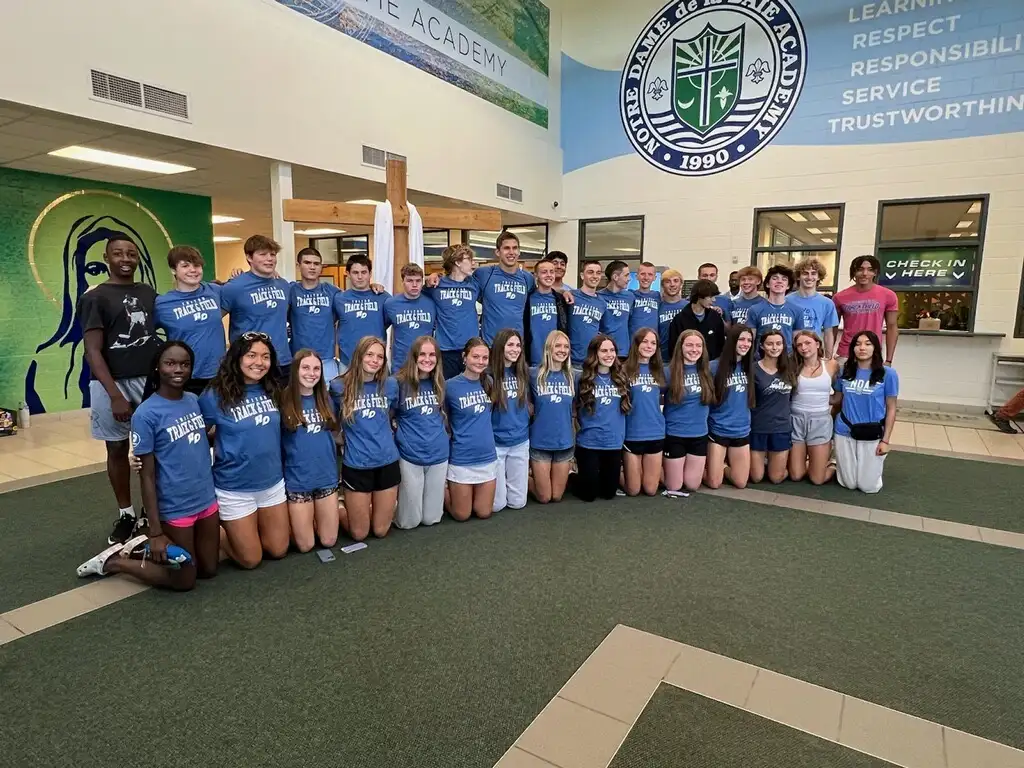
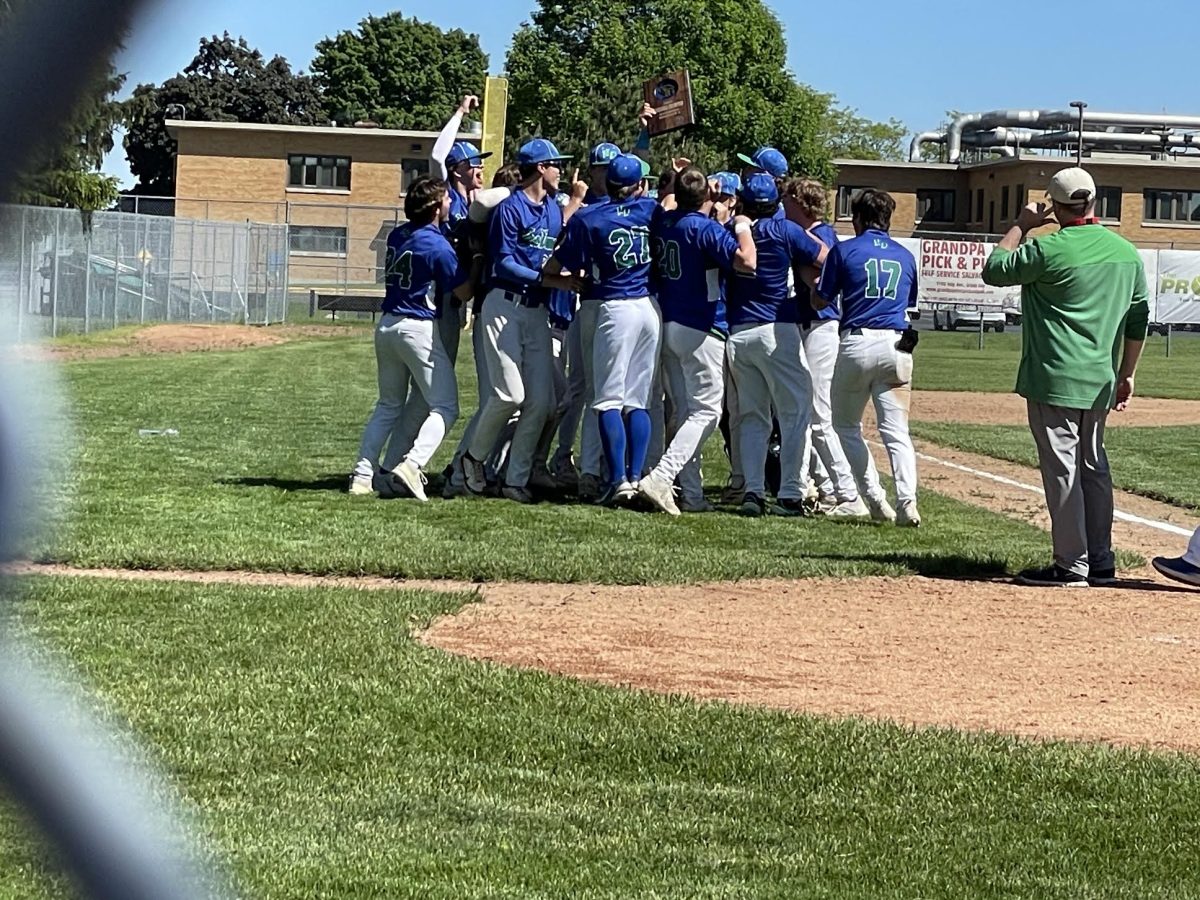
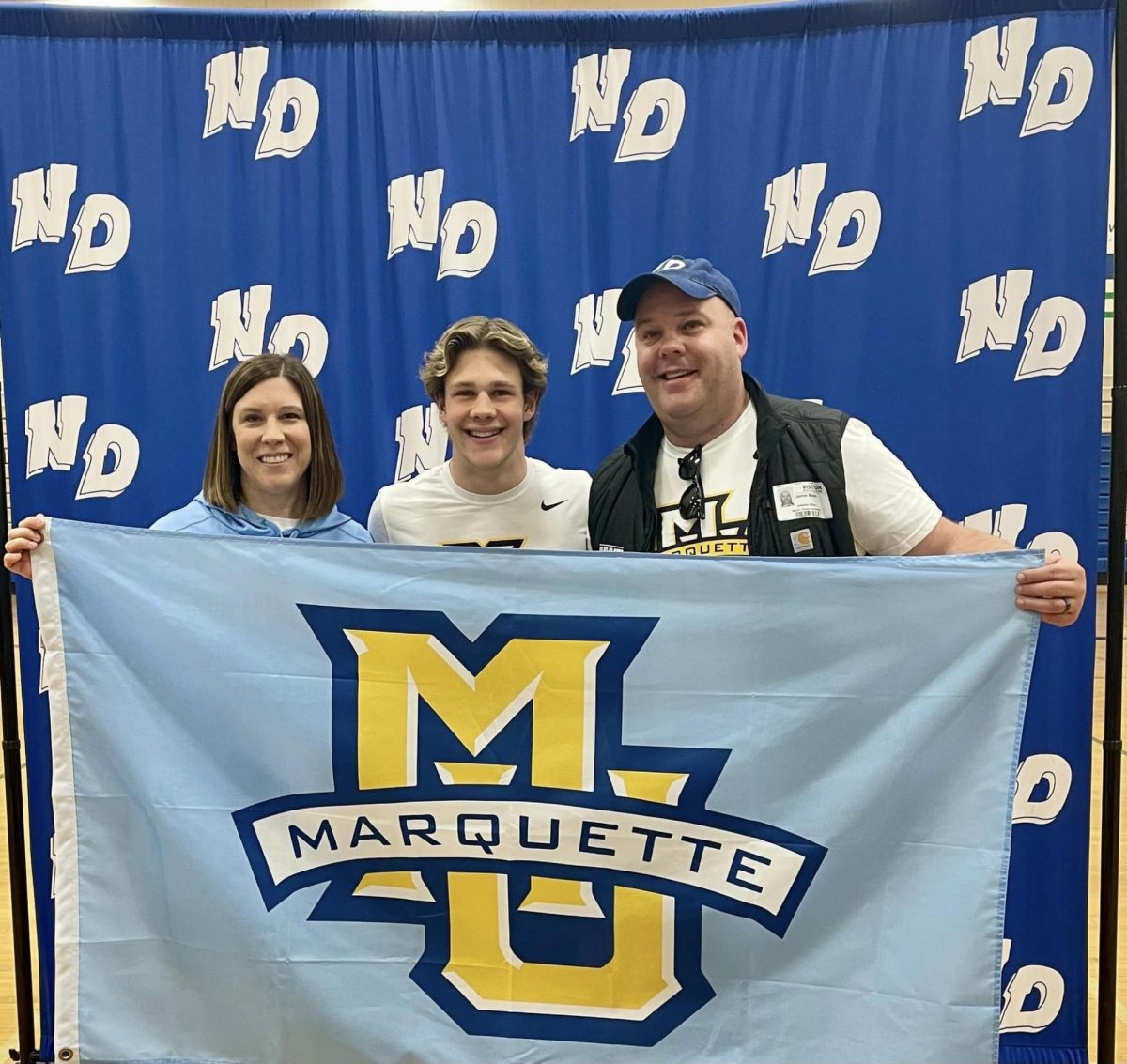

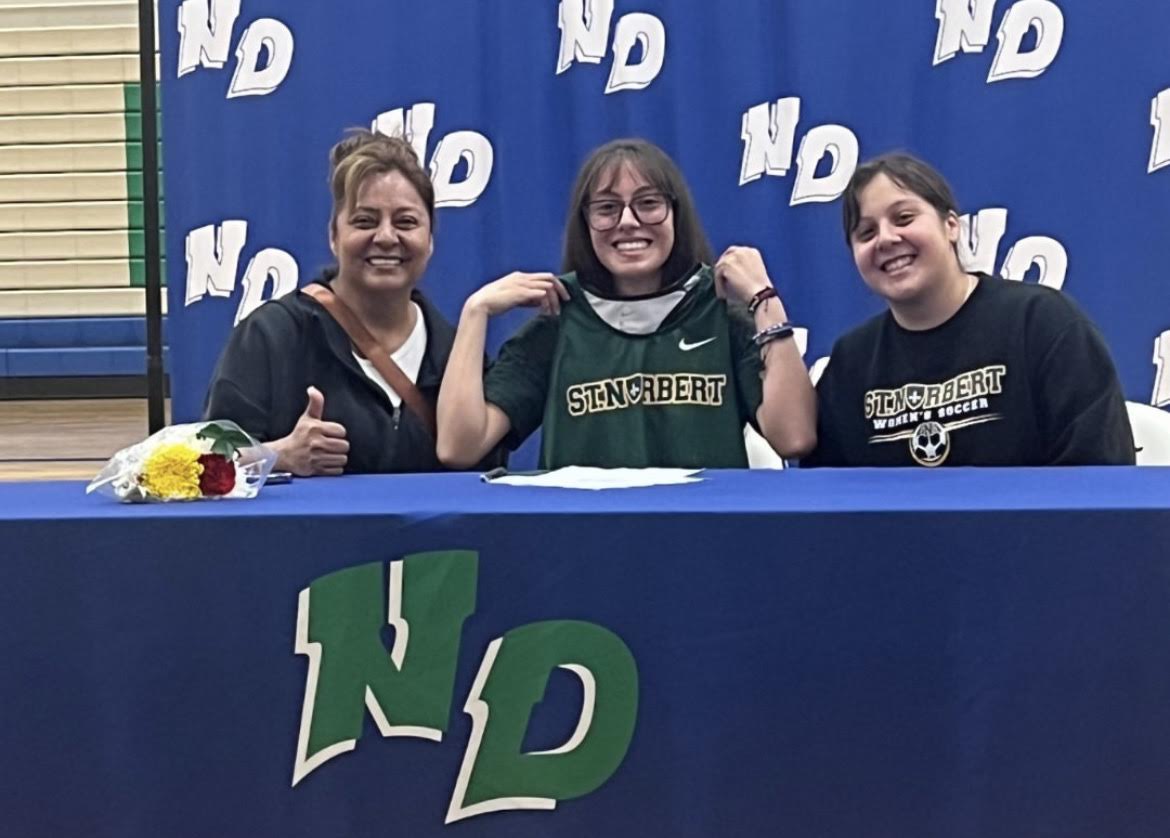
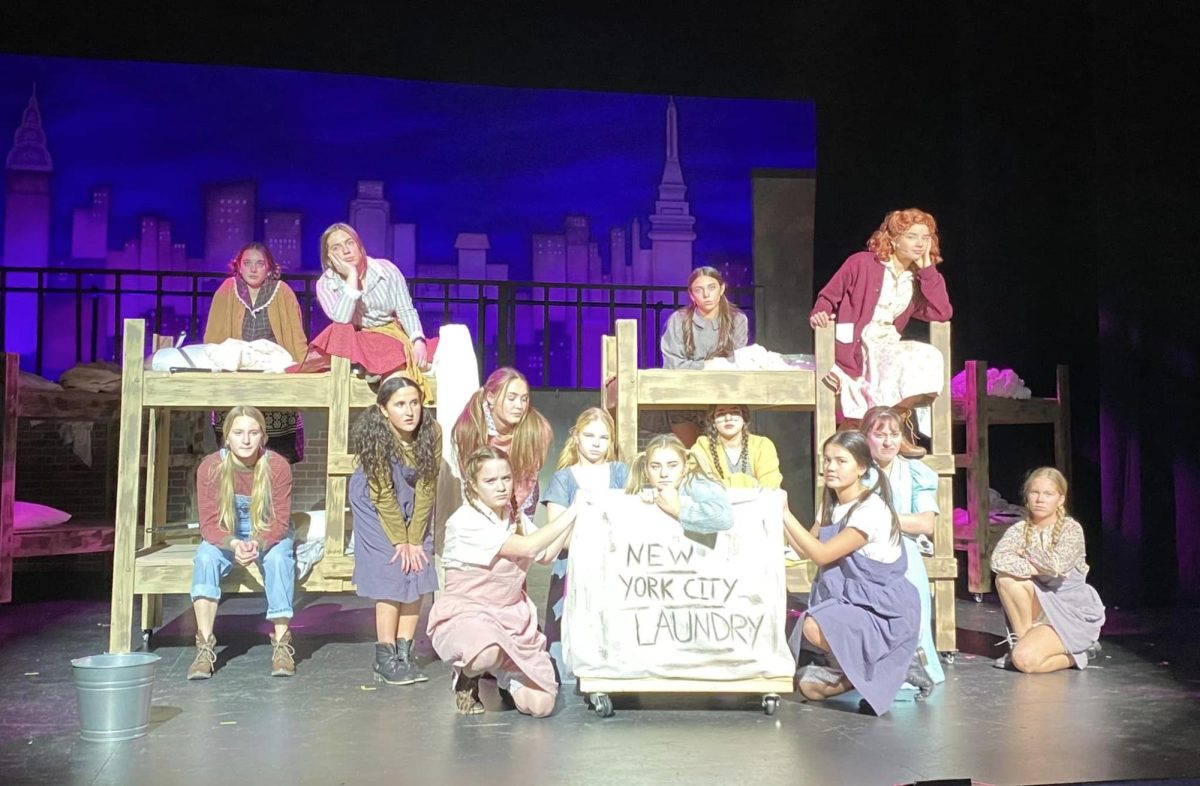

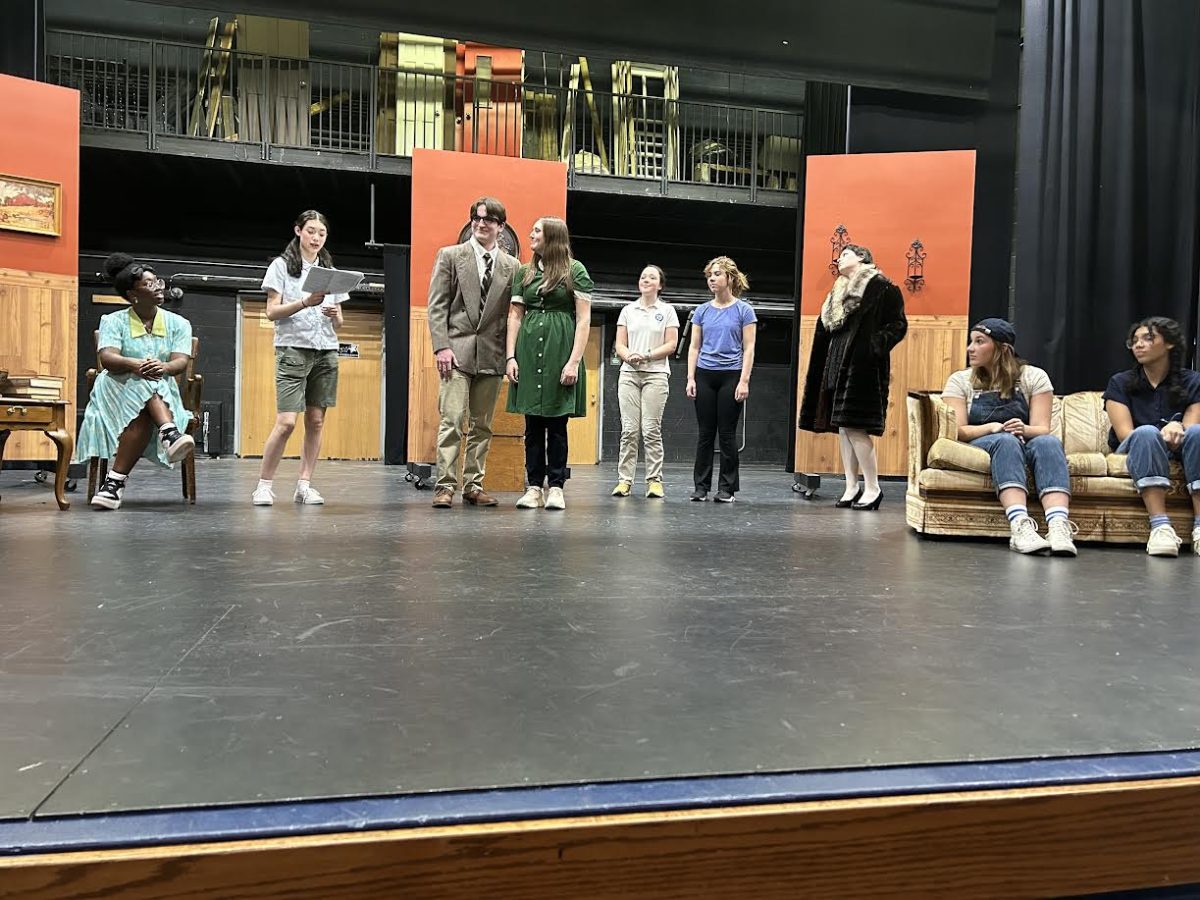






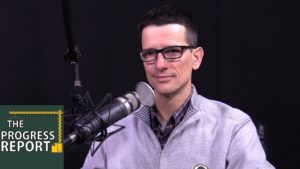





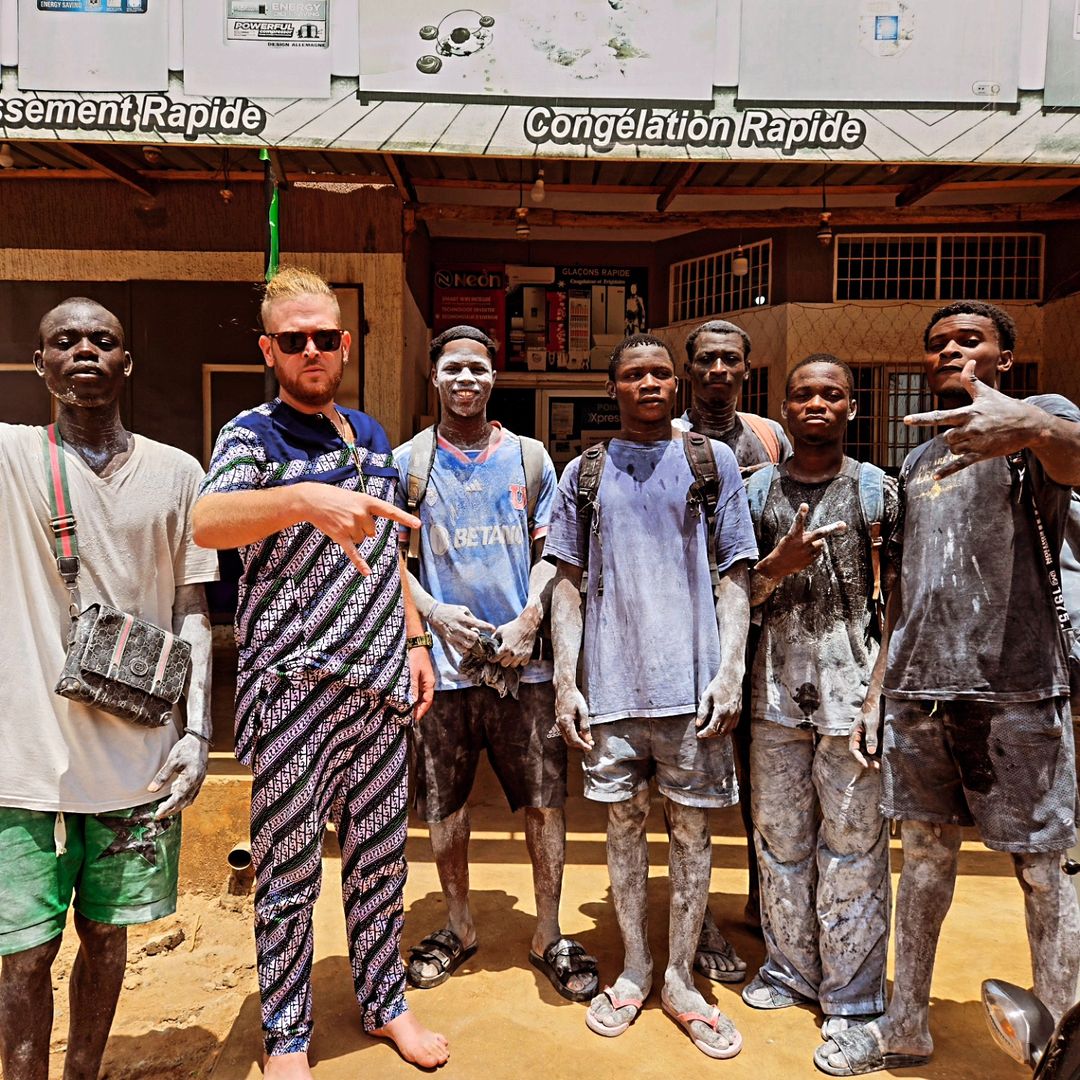
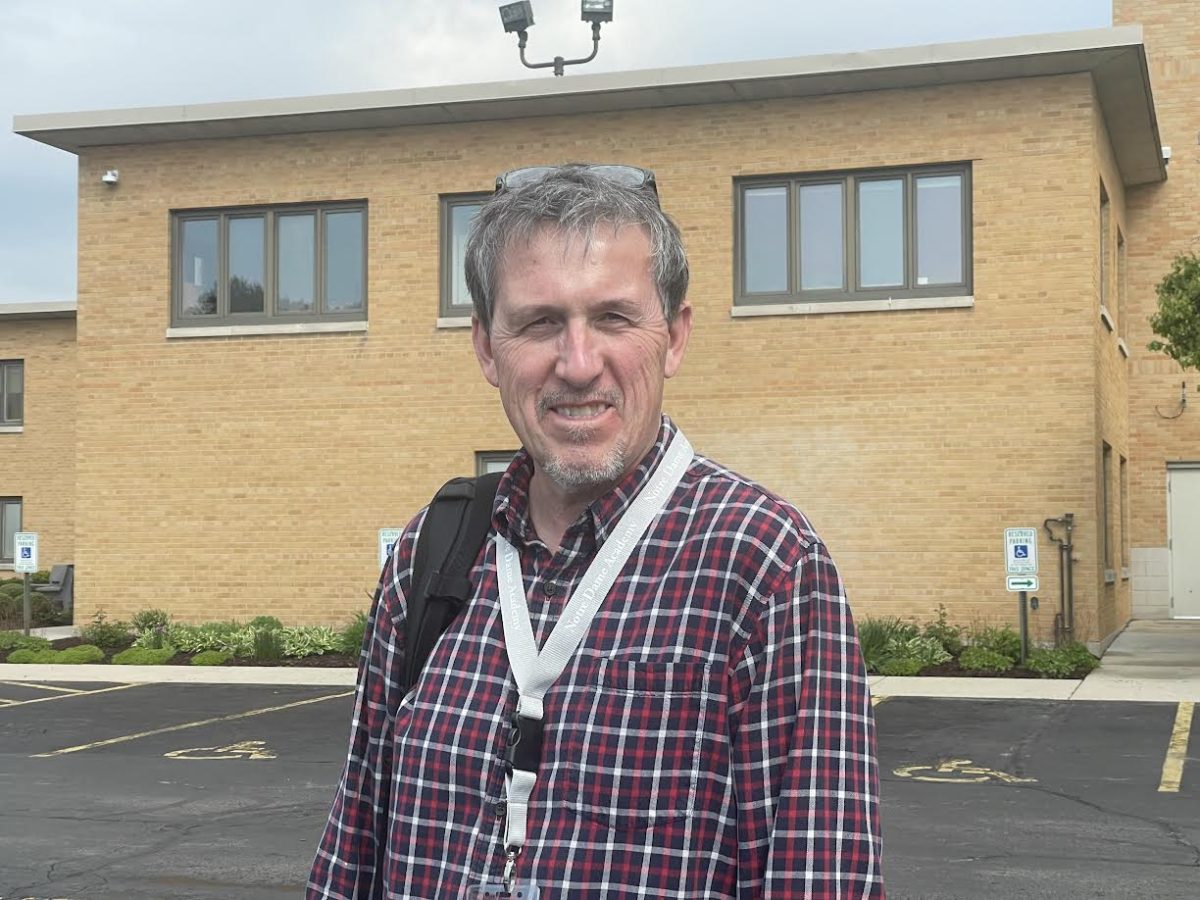
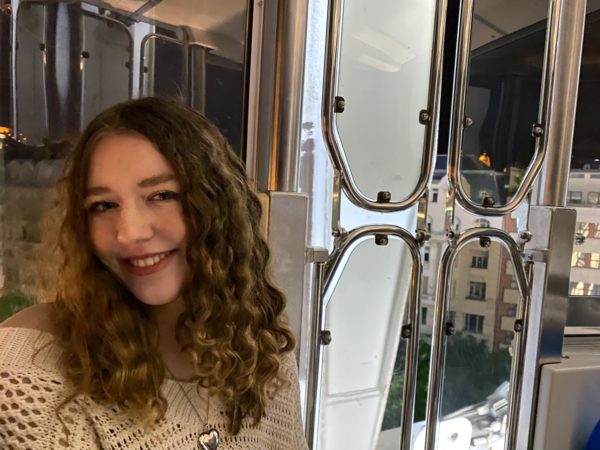
Wass djobo • Mar 22, 2024 at 4:28 am
Tj ! I’m so surprised and impressed by your story. Life is so amazing and had a meaning to live in it. I have known more than 50 people who was in peace corps before you. But let me tell you something you are just real not a pretending person or a fake person. I’m so proud and happy to have you as friend. Or brother in other words. Keep it up .